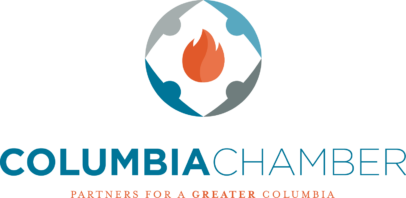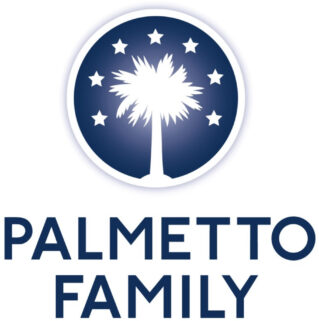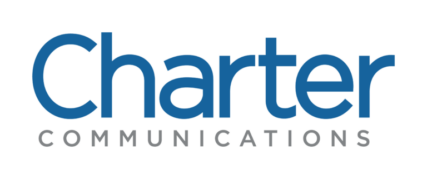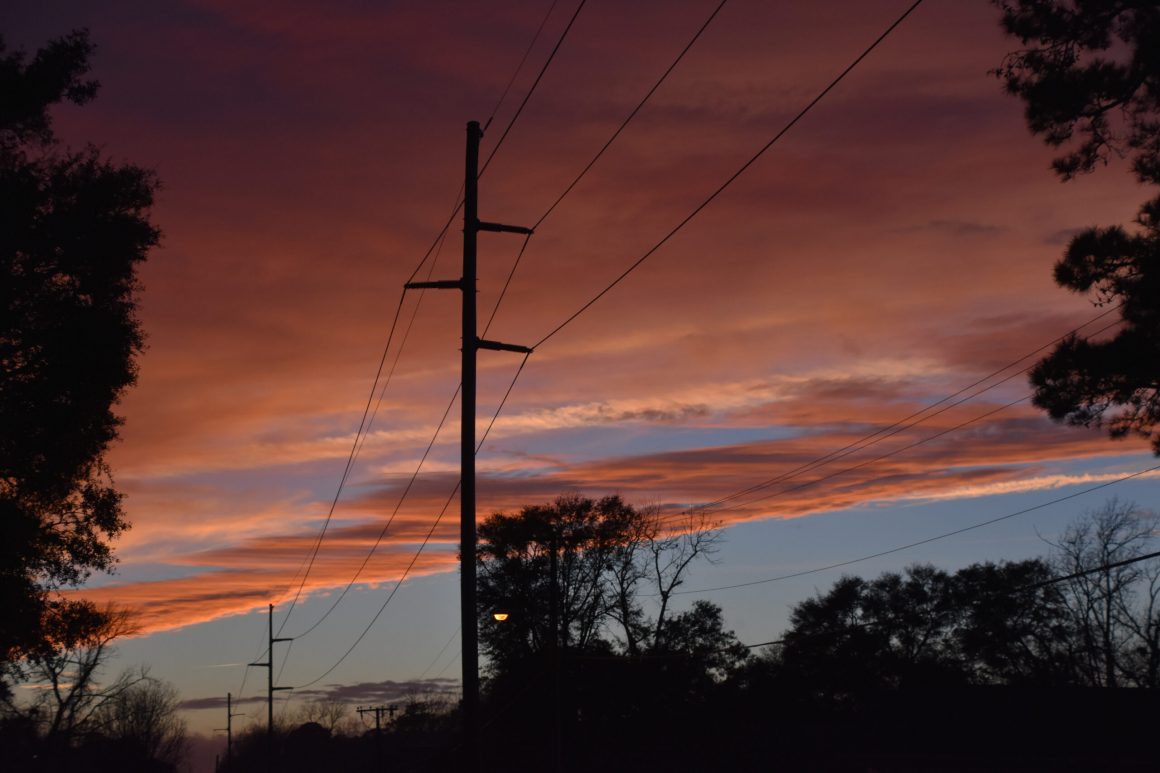CONNECT THE FUTURE SOUTH CAROLINA

OUR AGENDA: CONNECT MORE SOUTH CAROLINIANS AND DO IT QUICKLY
Access to reliable, high-speed internet service is more important than ever. And while 91% of South Carolina’s population has access to a high-speed broadband connection, more than 450,000 South Carolinians still can’t get connected. South Carolina’s digital divide is real and the problem is worse in rural areas, where 1 in 5 do not have access to a broadband connection.
South Carolina’s leaders recognize the impact of broadband access and have shown commitment to getting every South Carolinian connected. As just one example, last year the Office of Regulatory Staff approved more than $26 million in broadband construction projects to connect nearly 28,000 residents in need.
But more can and must be done to close the persistent digital divide.
Some estimate it could cost as much as $800 million to extend broadband connections to reach the 450,000 South Carolinians that are still unconnected. But cost is just one factor – it must also be done quickly.
Access to utility poles is a major factor in broadband infrastructure expansion – both in terms of costs and timelines. Recognizing this barrier, the South Carolina legislature took a first step to address it by passing the GREAT Act last year, which encourages good faith negotiations to advance rural broadband construction. The next step will be to augment that effort by increasing transparency and simplicity.
Our mission is plain and simple: we seek to shape public policy to create an environment that encourages investment in expanding broadband deployment throughout the state to help every South Carolinian get connected.
COMMONSENSE SOLUTIONS
The benefits of high-speed internet are undeniable. Yet numerous barriers exist today that slow or prevent broadband deployment, especially in rural areas. We’re calling for commonsense solutions to address the financial, legal, regulatory, and commercial obstacles that inhibit bringing broadband to all South Carolinians.
For example, some of the first obstacles to tackle are the unnecessary delays and extraordinary expenses associated with attaching broadband infrastructure to utility poles owned by electric cooperatives in South Carolina. To offer service in rural areas, broadband providers attach much of their network infrastructure to poles owned by electric cooperative utility companies. While a common set of rules governing attachments to investor-owned utility poles, like those owned by Duke Energy, exist today, until recently South Carolina had virtually no rules to ensure fairness and transparency with poles owned by electric cooperatives.
In the fall of 2020, South Carolina lawmakers passed the Growing Rural Economies with Access to Technology (GREAT) Act. This new law facilitates the deployment of broadband service to unserved areas of the state. The GREAT Act made two important changes:
- Electric co-ops, who serve mostly rural communities, are required to allow broadband providers just, reasonable, and non-discriminatory access to their utility poles; and
- The Public Service Commission can hear and settle any pole-related disputes.
These changes hold great promise for the 450,000 mostly rural South Carolinians desperate to get connected, but the process needs to be augmented to add transparency and simplicity that will ensure swift resolution of disputes. Until this implementation process is complete, there remains no timeframe under which electric cooperatives must review pole attachment requests, no process to fairly allocate pole replacement costs, and no cap on the rental fees these pole owners can charge. These unintended outcomes may result in continuing delays that inhibit the efficient and timely deployment of broadband to unserved areas of South Carolina and run contrary to the Legislature’s goals in passing the GREAT Act in the first place.
Continued focus on addressing these types of roadblocks will help accelerate the expansion of high-speed broadband access to more people and will help ensure that all South Carolinians are empowered to find the opportunities they need to thrive in the 21st century.
OUR COALITION SUPPORTERS
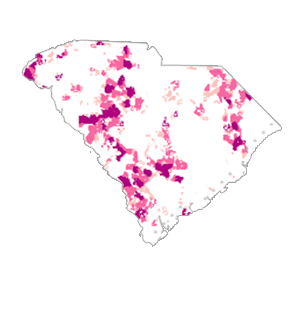
SOUTH CAROLINA INTERNET ACCESS MATTERS
RUNAWAY POLE COSTS HARM BROADBAND DEPLOYMENT
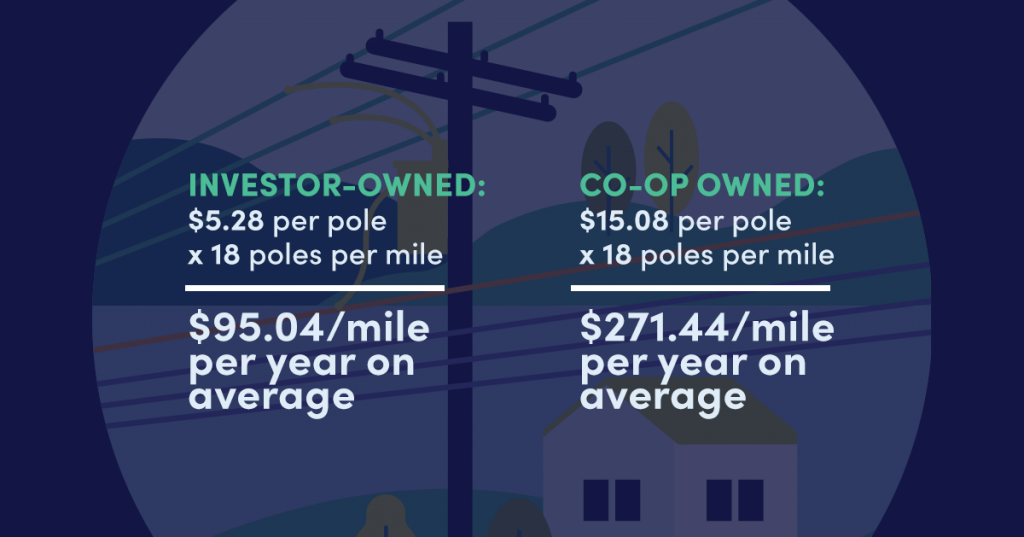
NEWS & UPDATES
WHAT THEY ARE SAYING IN SOUTH CAROLINA
Voices across South Carolina recognize the impact that fair, transparent utility pole processes can have on expanding broadband deployment across our state – helping families, students, businesses, farms, and more get connected.
RESOURCES
SOUTH CAROLINA
BROADBAND PLAN
JOIN CONNECT THE FUTURE SOUTH CAROLINA
Do you want to connect more South Carolinians to the future? Do you want to strengthen our economy, expand opportunity, and usher in a better future for the Palmetto State and our country?
If so, we want you to stand with us.


